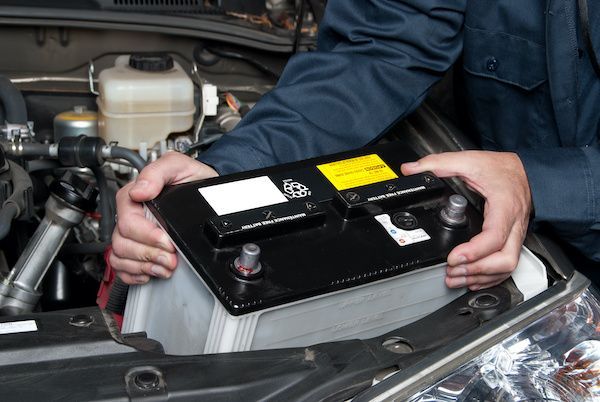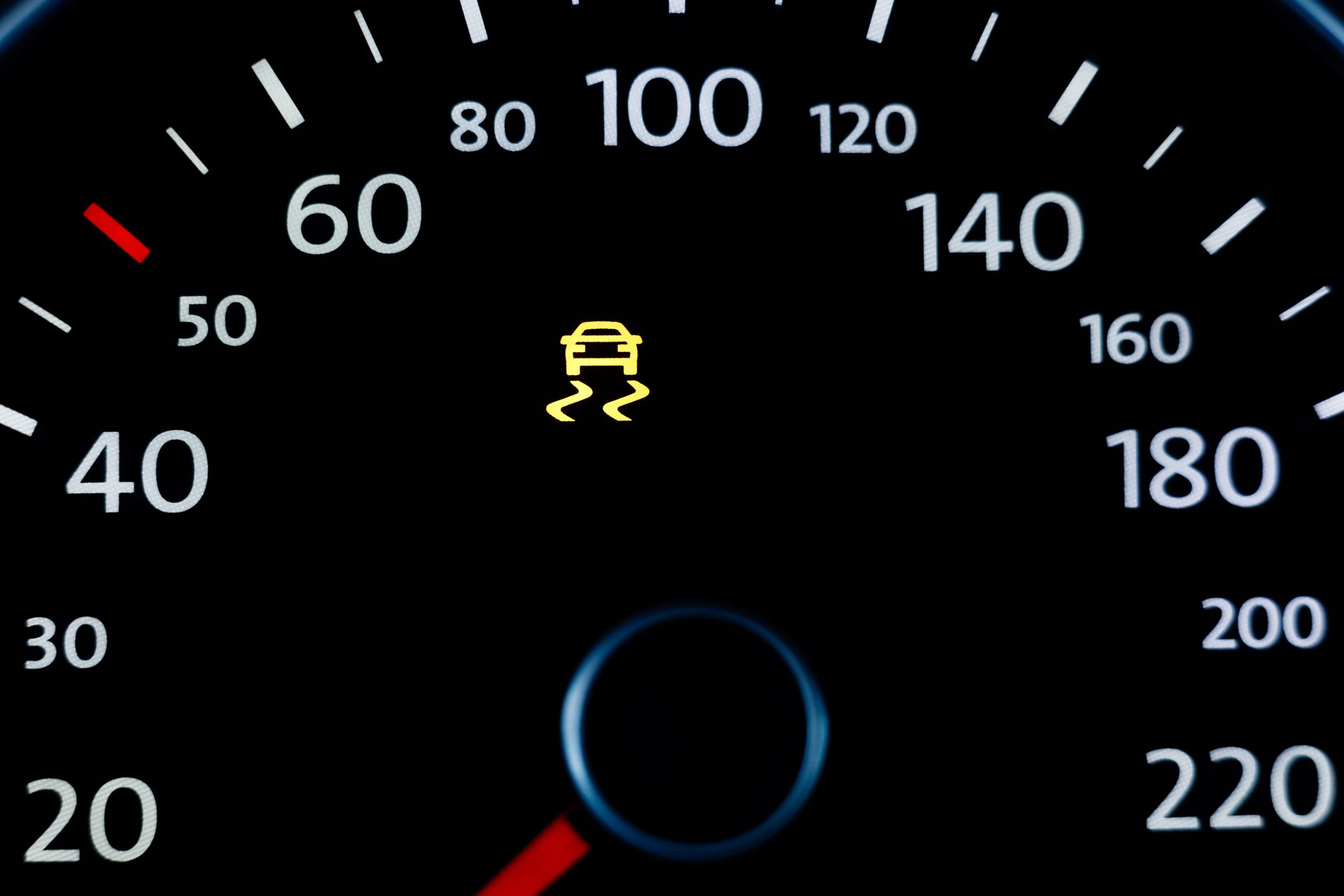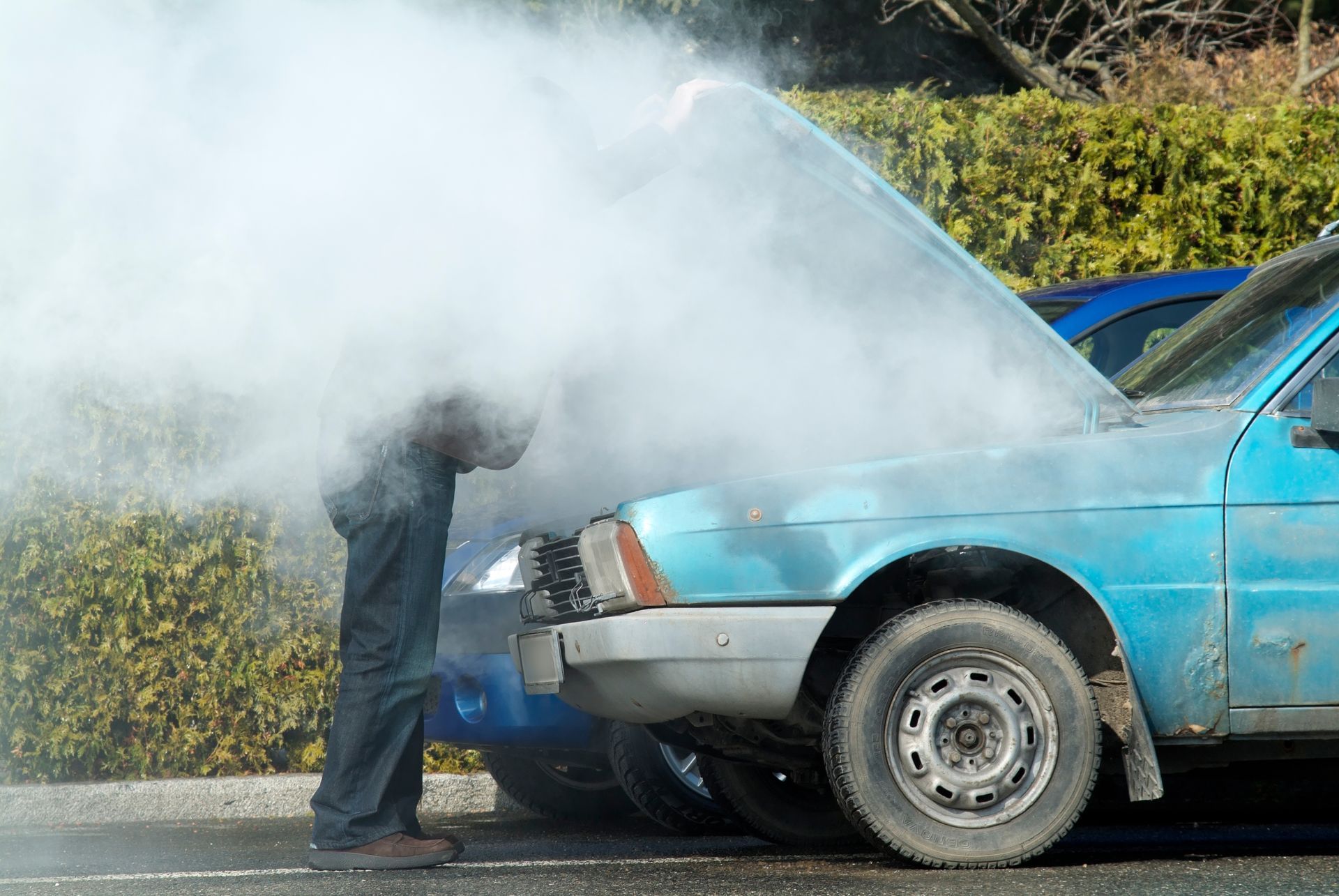
Your car battery is an integral part of the automotive team. Besides powering the electrical system, it maintains a steady electrical current to start your car and keep it moving. In addition to routine oil and filter change, tire rotation, and other general maintenance practices, maintaining your battery in great shape is equally important. A properly functioning battery guarantees you a healthy and reliable vehicle that runs efficiently.
SO, HOW OFTEN DOES A BATTERY NEED REPLACEMENT?
Under proper regular maintenance and proper care, your car battery might even last for five years. All the same, most batteries tend to wear out and become inefficient after three years of daily use. With time, the battery will eventually deteriorate, becoming completely unreliable and calling for a replacement. The trick is to pay keen attention to your battery's condition and performance after three years. If you notice any problem, have a reliable mechanic address it before it affects the entire car performance causing serious damages and costly repairs.
Note that batteries in new cars rarely provide telltale symptoms that they are about to fail. That is precisely why it is crucial to understand and follow the latter's 3-4 years' rule. It is also vital that your mechanic inspects your battery every time you take your vehicle in for routine maintenance.
Here are some telltale signs that your vehicle's battery is calling for a replacement.
- Your engine takes unusually long to start
- Dim lighting and electrical problems
- The check engine light illuminates the dashboard
- An unusual bad odor
- Your battery connectors are corroded
- A swollen, cracked, and misshapen battery case
- Your car battery is older than four years
There are some instances when your battery will die out quicker than you would expect. If your car has been sitting in the garage for a long time, you run a risk of damaging it. Likewise, making short trips does not allow enough time for your battery to recharge, which can end up straining the entire system. Don't forget to always turn off your car lights while at it.
If you need car battery repair or replacement, do not hesitate to contact us today or bring your car into our auto shop for quality and reliable services.











